BPM 2019 will offer four tutorials (in alphabetical order) as part of the main conference (details below):
- Wil van der Aalst (RWTH Aachen) on
Everything You Wanted To Know About Petri Nets, But Were Afraid To Ask. - Jan vom Brocke, Thomas Grisold (University of Liechtenstein), Steven Groß (WU Vienna), Maximilian Röglinger and Katharina Stelzl (University of Bayreuth) on
Exploring Explorative Business Process Management. - Massimo Mecella, Francesco Leotta and Andrea Marrella (Sapienza Università di Roma) on
IoT for BPMers. Challenges, case studies and successful applications. - Shazia Sadiq (University of Queenland) and Moe Wynn (Queensland University of Technology) on
A Data Quality Perspective on Process Analytics.
Everything You Wanted To Know About Petri Nets, But Were Afraid To Ask
Business Process Management (BPM), Process Mining (PM), Workflow Management (WFM), and other disciplines aimed at improving processes depend on process models. Business Process Model and Notation (BPMN), EPCs, and UML activity diagrams somehow build on Petri nets. In addition, process analysis approaches ranging from verification and simulation to process discovery and compliance checking depend on Petri nets results. For the casual user, there is no need to understand the underlying foundations. However, to become a real “process expert” in industry or when doing BPM/PM/WFM research this knowledge is understandable. Unfortunately, the results of 50 years of Petri net research are not easy to digest. This tutorial aims to introduce some of the “gems in Petri nets” and translates these to the BPM/PM/WFM setting. For example, what is the marking equation and why is it relevant for analysis (e.g., verification, execution, conformance checking, and process discovery). What is an S-cover? What is a region? How to simulate a Colored Petri net? What are free-choice nets and why are they relevant for BPM? The tutorial does not aim to show formal notations, but explain the essence of these concepts and how they can be applied to solve real-world problems.
| Wil van der Aalst (RWTH Aachen)  |
Prof.dr.ir. Wil van der Aalst is a full professor at RWTH Aachen University leading the Process and Data Science (PADS) group. He is also part-time affiliated with the Fraunhofer-Institut für Angewandte Informationstechnik (FIT) where he leads FIT’s Process Mining group. His research interests include process mining, Petri nets, business process management, workflow management, process modeling, and process analysis. Wil van der Aalst has published over 220 journal papers, 20 books (as author or editor), 500 refereed conference/workshop publications, and 75 book chapters. Next to serving on the editorial boards of over ten scientific journals, he is also playing an advisory role for several companies, including Fluxicon, Celonis, Processgold, and Bright Cape. Van der Aalst received honorary degrees from the Moscow Higher School of Economics (Prof. h.c.), Tsinghua University, and Hasselt University (Dr. h.c.). He is also an elected member of the Royal Netherlands Academy of Arts and Sciences, the Royal Holland Society of Sciences and Humanities, and the Academy of Europe. In 2018, he was awarded an Alexander-von-Humboldt Professorship. |
Exploring Explorative Business Process Management
In today’s dynamic business environments, organizations need to be able to respond tonew innovations, technologies, customer expectations, business models, or new competition. It has been suggested that BPM as a holistic management approach needsto shiftfrom an exploitative to an explorative focus. Exploitative BPM aims towards securing the reliable execution of current business by improving organizational capabilities of modelling, analyzing, or mining business processes. In contrast, explorative BPM aims to enable innovation, create new business models, and redesign processes in ways that ensure growth with respect to emerging business opportunities and technological innovations. While exploitative BPM has been considered very well from research and practice point of views, explorative BPM has been widely neglected. Since explorative BPM is are cent but highly relevant and timely topic, the overall goal of this tutorial is to raise awareness for the facets, challenges and opportunities that are related to explorative BPM. Apart from theoretical input, we will place special emphasis on discussions with the audience to explore (1) the areas in which BPM must change from an exploitative to an explorative discipline and (2) different waysto combine potentials of innovation and digitalization in business process work.
| Jan vom Brocke (University of Liechtenstein)  |
Jan vom Brocke is the Hilti Endowed Chair of Business Process Management and Director of the Institute of Information Systems. Jan has published more than 400 papers in, among others, Management Information Systems Quarterly (MISQ) and MIT Sloan Management Review (SMR) and is author / editor of 35 books including the international Handbook on Business Process Management (with M. Rosemann) and BPM Cases. Digital Innovation and Business Transformation in Practice (with J. Mending). Jan`s research has attracted over 40 Million EUR in funding and has been recognized with over 20 international awards. Jan has BPM teaching experience from 25 universities in 14 countries, including many of the FT 50 top Business Schools such as the University of St.Gallen in Switzerland. Jan is an invited speaker and serves as trusted advisor to many DAX 30 and Fortune 500 companies as well as governmental institutions across Europe. He has held various editorial roles and leadership positions in Information Systems research and education. | . |
| Thomas Grisold (University of Liechtenstein) 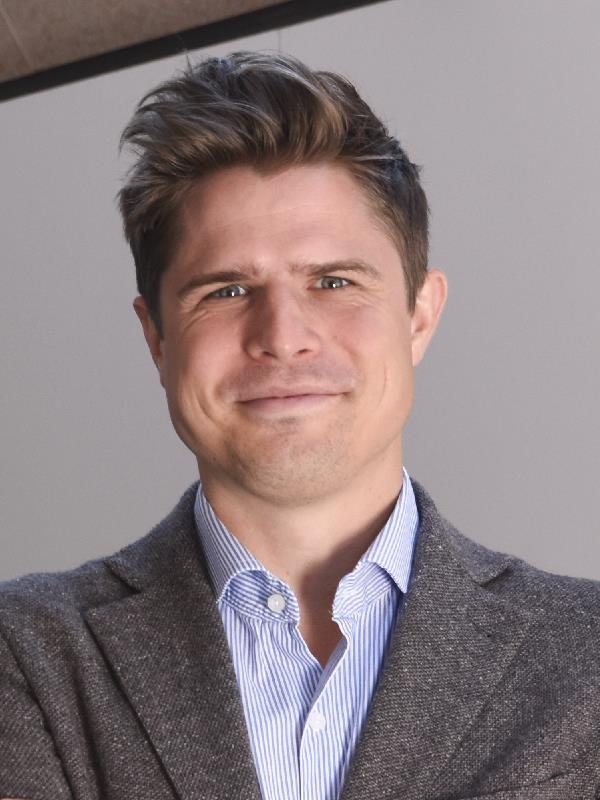 |
Thomas Grisold is assistant professor at the Institute of Information Systems at the University of Liechtenstein. His research and teaching revolve around BPM-related topics and he is particularly interested in the intersection between BPM and organizational process theory. Thomas obtained his PhD from the Vienna University of Economics and Business (WU) where he focused on the phenomenon of organizational unlearning. Prior to his PhD studies, he did a Master’s degree in Cognitive Science at the University of Vienna. Over the course of his studies, Thomas was a visiting researcher at the Queensland University of Technology (Australia), Lancaster University (UK), University of Palermo (Italy) and University of Zagreb (Croatia). | . |
| Steven Groß (WU Vienna)  |
Steven Gross is a Teaching and Research Associate at the Institute of Information Business at the Wirtschaftsuniversität Wien (WU Vienna). He received his bachelor’s degree in Information Systems from the University of Cologne, Germany and graduated with a master’s of science in Information Systems from the Stevens Institute of Technology, USA. In 2015, he was awarded a Fulbright scholarship as a graduate student and research assistant in the field of BPM. He is particularly interested in the field of Business Process Innovation. | . |
| Max Röglinger (University of Bayreuth) 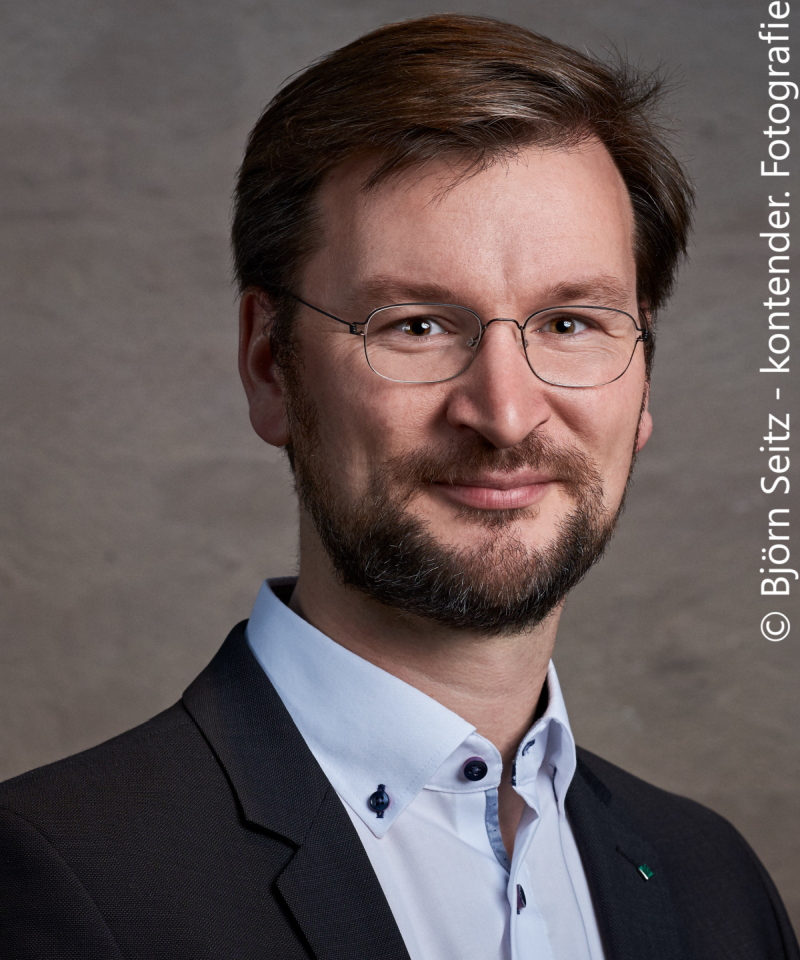 |
Maximilian Röglinger is a tenured Professor of Information Systems and Value-based Business Process Management at the University of Bayreuth. Maximilian also serves as Deputy Academic Director of the Research Center Finance & Information Management (FIM) and works in a leading position with the Project Group Business & Information Systems Engineering of the Fraunhofer FIT. His activities in research and teaching center around customers, business processes, and IT as well as digitalization. As for business BPM, he investigates how business process and BPM decisions can be made evidence-based and in line with economic principles, how business processes (including manufacturing processes) can be effectively digitalized, how BPM should be conceptualized in the digital age, and how digital innovation processes should be designed. | . |
| Katharina Stelzl (University of Bayreuth) 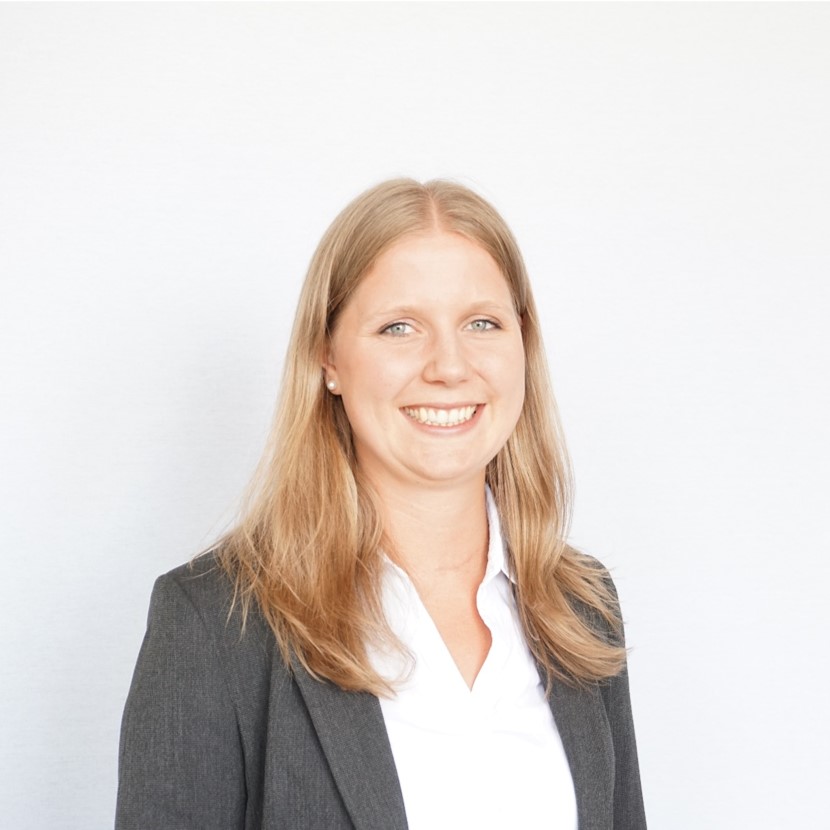 |
Katharina Stelzl is a research student at the Professor of Information Systems and Value-based Business Process Management at the University of Bayreuth and the Project Group Business & Information Systems Engineering of the Fraunhofer FIT. Her research areas comprise context-aware BPM as well as the design and implementation of organizational ambidexterity. | . |
IoT for BPMers. Challenges, case studies and successful applications
The Internet of Things (IoT) refers to a network of connected and interacting devices (e.g., sensors, actuators) collecting and exchanging data over the Internet. In the last years, we have witnessed an increasing presence of IoT devices in scenarios of the Business Process Management (BPM) domain, which can strongly influence the coordination of the real-world entities (e.g., humans, robots, etc.) that execute specific tasks or entire Business Processes (BPs) in such environments. While, on the one hand, the IoT can provide many opportunities for improving BPM initiatives, on the other hand, it poses challenges that require enhancements and extensions of the current state-of-the-art in BPM. This tutorial will discuss how BPM can benefit from IoT, (i) showing which emerging challenges have to be tackled to integrate the IoT technology in a BPM project, and (ii) presenting concrete case studies on process adaptation and habit mining exploiting IoT and addressing the specific challenges posed by IoT itself.
| Massimo Mecella (Sapienza Università di Roma) 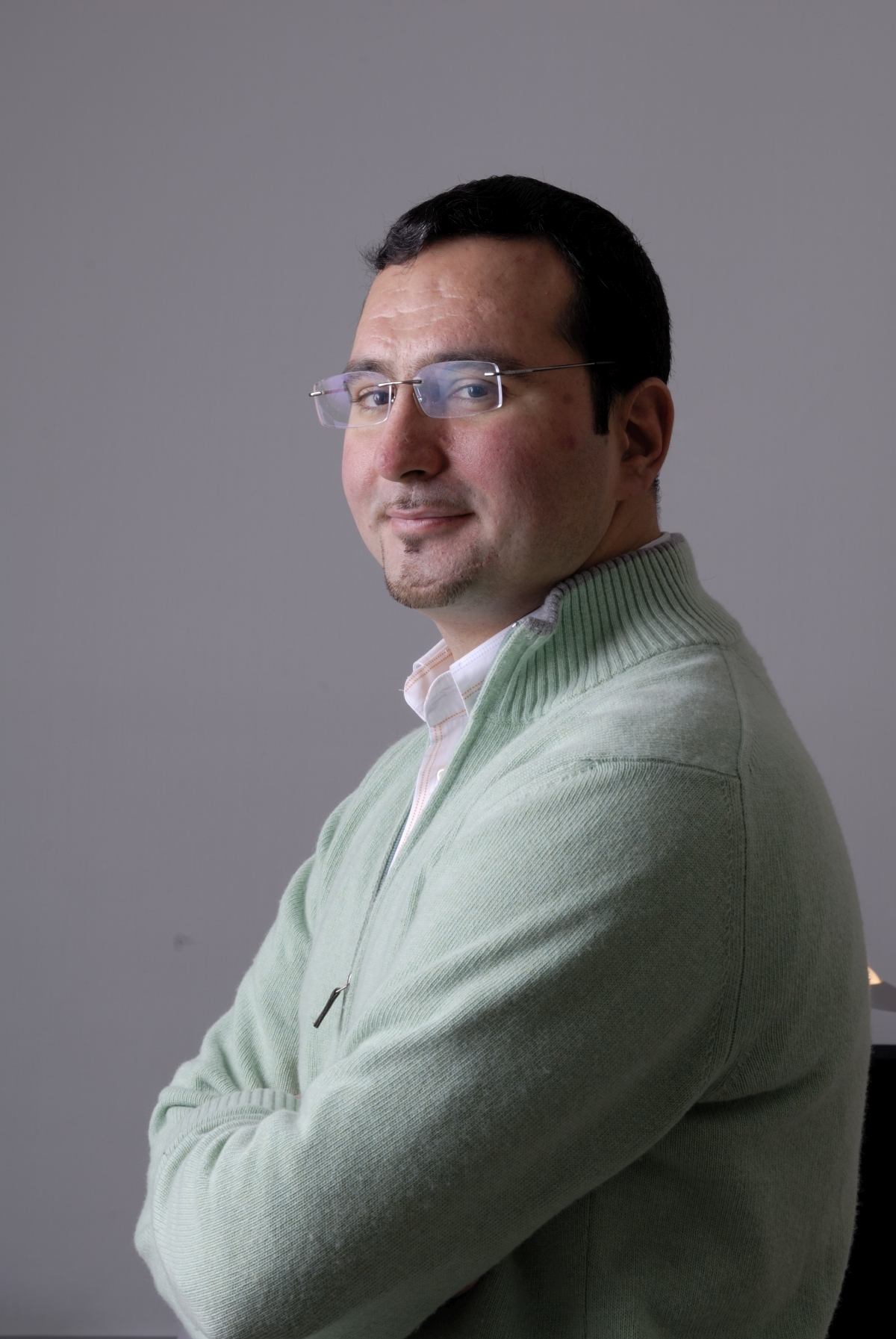 |
Massimo Mecella is associate professor at Sapienza Università di Roma. He holds since 2017 the national qualification to full professor. He received his PhD in engineering in computer science in 2002, and subsequently spent periods of study and work in the USA, Purdue University. His main research interests are in the wide area of Information Systems Engineering and include service oriented architectures, process management and process mining, cyber physical systems and industrial applications of the Internet of Things (IoT), advanced user interfaces for complex software systems, software architectures, distributed technologies and middleware, software engineering, IT security. During his career, Massimo Mecella has published over 190 articles, including 35 journal articles, 1 book, several book chapters and about 140 papers in conferences and peer-reviewed workshops, winning a prize as the most influential paper of the previous 10 years (ICSOC 2013), and as best paper (CAiSE 2017). His h-index is 33, with a total number of citations of over 5200. He has extensive experience in research and industrial projects, having coordinated two EU projects and various national projects. |
| Andrea Marrella (Sapienza Università di Roma) 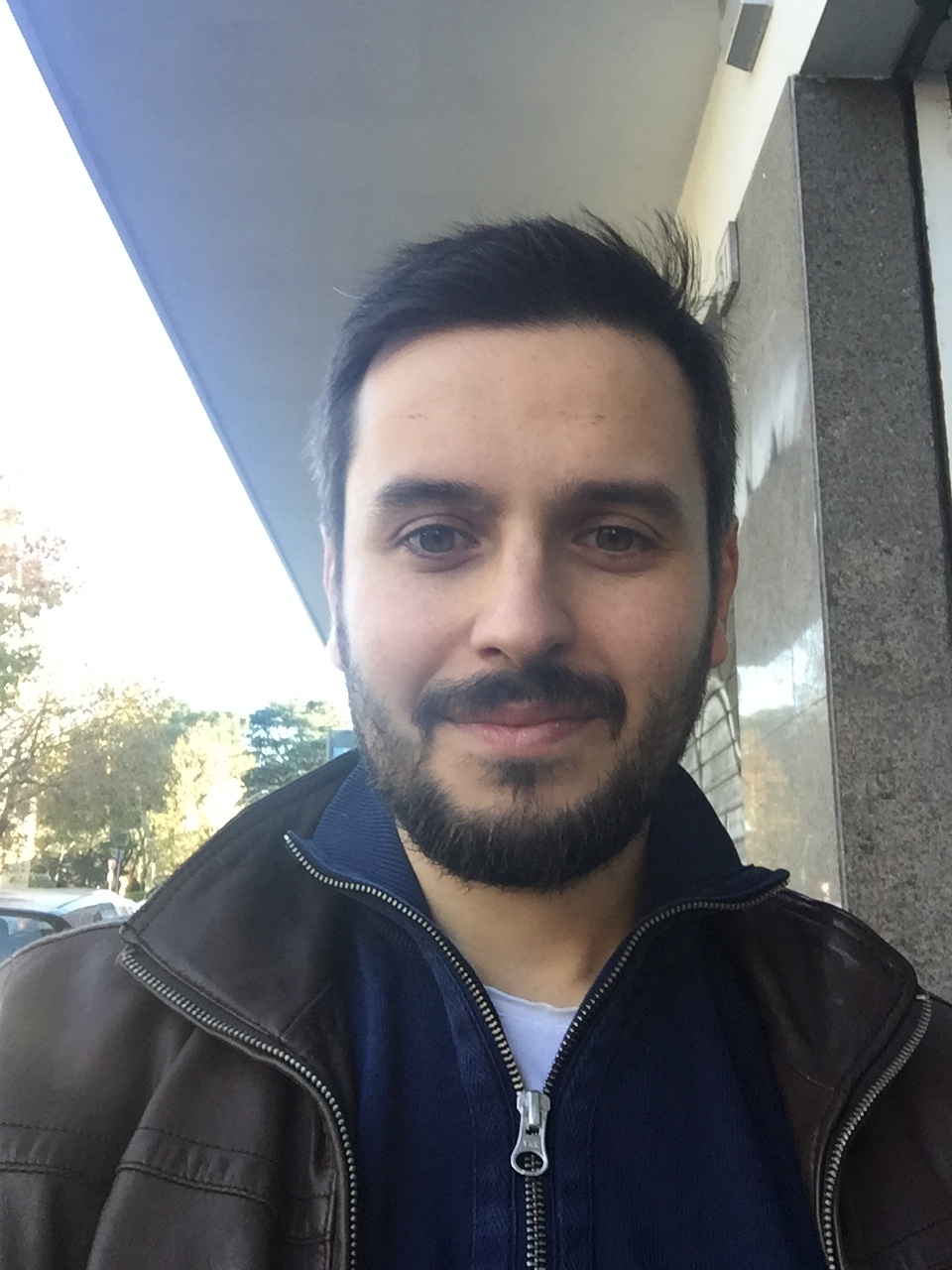 |
Andrea Marrella (PhD in Engineering in Computer Science) is an assistant professor at Sapienza Università di Roma, Italy. His research activity focuses on how to integrate Artificial Intelligence with Business Process Management and Process Mining solutions; these topics are applied to the domains of Industry 4.0, eHealth, emergency management and IT security. On the above topics, he has published over 50 research papers and articles, and he is the principal investigator of the research project entitled “Data-aware Adaptation of Knowledge-intensive Processes in Cyber-Physical Domains through Action-based Languages”, funded by Sapienza University of Rome, Italy. In 2017 he received the award for the best paper at CAiSE 2017. He serves as Information Director of the ACM Journal on Data and Information Quality. He has extensive experience in research projects. According to Google Scholar, his current h-index is 18. |
| Francesco Leotta (Sapienza Università di Roma) 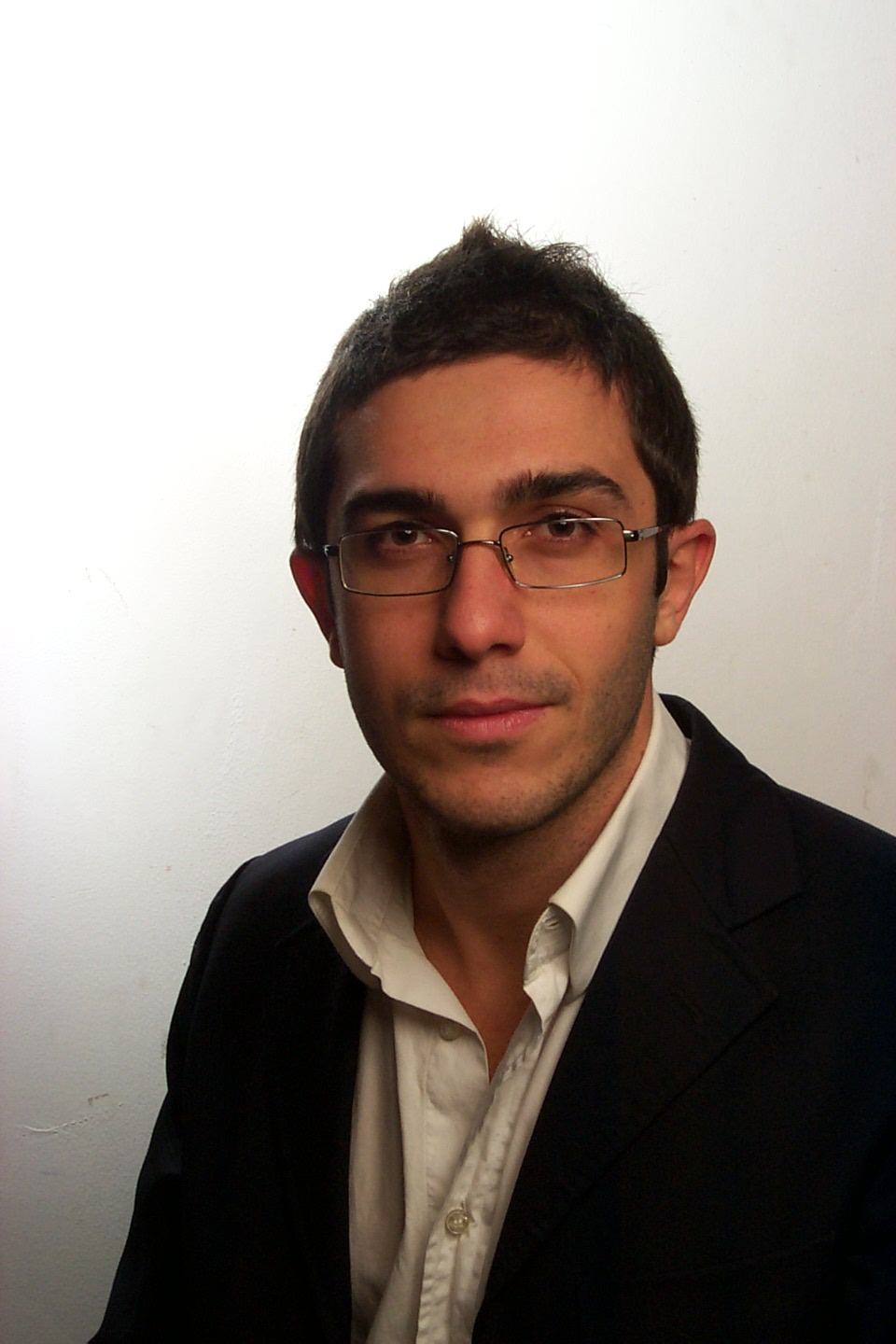 |
Francesco Leotta earned his PhD in Engineering in Computer Science at Sapienza Università di Roma, Italy, where he is currently a fixed-term assistant professor. His main research activity focuses on smart spaces and, in particular, on applying techniques and approaches typical of business process management and process mining to human habits and activities. Additionally, he has been/is involved in several research projects concerning smart spaces, smart manufacturing and digital humanities. . |
A Data Quality Perspective on Process Analytics
Modern organisations consider data to be their lifeblood. Technological advances in the fields of Process Mining and Data Science empower organisations to become ‘data-driven’ by applying new techniques to analyse and visualise large amounts of data. The potential benefits include a better understanding of business performance and more-informed decision making for business growth. A key road block to this vision is the lack of transparency surrounding the quality of data. Without question, the extent to which the outcomes from data-driven analysis techniques can be relied upon for insights is directly related to the quality of the input. A process mining study that utilises low-quality, unrepresentative data as input has little or no value for the organisation and becomes a catalyst for erroneous conclusions (‘Garbage-in-Garbage-out’). The onus is on a process analyst to identify, assess and appropriately remedy data quality issues so as to avoid inadvertently introducing errors into the results of process analytics. Most process mining techniques do not take into account how the data might have been manipulated or pre-processed or the inherent accuracy and quality of the data. It is thus impossible to ascertain the degree to which analysis outcomes can be relied upon. The tutorial will first present foundational concepts of data quality with a special focus on typical data quality issues found in event data. We will then present the state-of-the-art in data quality research in BPM. We will discuss key challenges and possible approaches to tackle data quality problems while sharing experiences from Australian process mining case studies. We will also discuss the potential effect of not knowing the provenance of data especially in open/public data sets.
| Shazia Sadiq (University of Queensland) 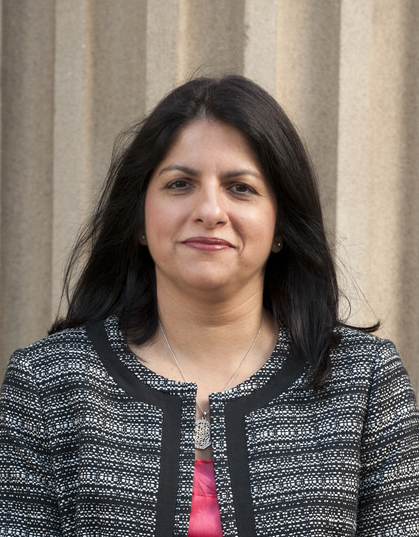 |
Shazia Sadiq is a Professor in the School of Information Technology and Electrical Engineering at University of Queensland, Australia. She is part of the Data and Knowledge Engineering (DKE) research group and is involved in teaching and research in databases and information systems. She has published over 100 peer-reviewed publications in high ranking journals such Information Systems Journal, VLDBJ, TKDE, as well as major conferences such as SIGMOD, ICDE, ER, BPM, ICIS and CAiSE. Her main research interests are innovative solutions for Business Information Systems that span several areas including business process management, governance, risk and compliance, data quality management, workflow systems, and learning analytics. . |
| Moe Thandar Wynn (Queensland University of Technology)  |
Moe Thandar Wynn is the discipline leader of Business Process Management Discipline within the Science and Engineering Faculty at Queensland University of Technology, Australia. Moe completed her PhD in the area of workflow management, in particular, on the topic of process automation (2007). She has published over 75 peer-reviewed papers in high ranking journals such as Information Systems, Decision Support Systems, Information Sciences, ACM Transactions on Software Engineering and Methodology as well as major conferences such as ER, BPM and CAiSE. Her ongoing research work focuses in the specific areas of BPM; namely data quality, process mining, robotic process automation. Moe is a pioneer in delivering impactful outcomes using research-informed process-oriented data mining (process mining) techniques for Australian industry stakeholders. She has carried out applied BPM research delivering outcomes for Australian partners in insurance, health, retail, transport, mining, education, and utilities sectors. . |
